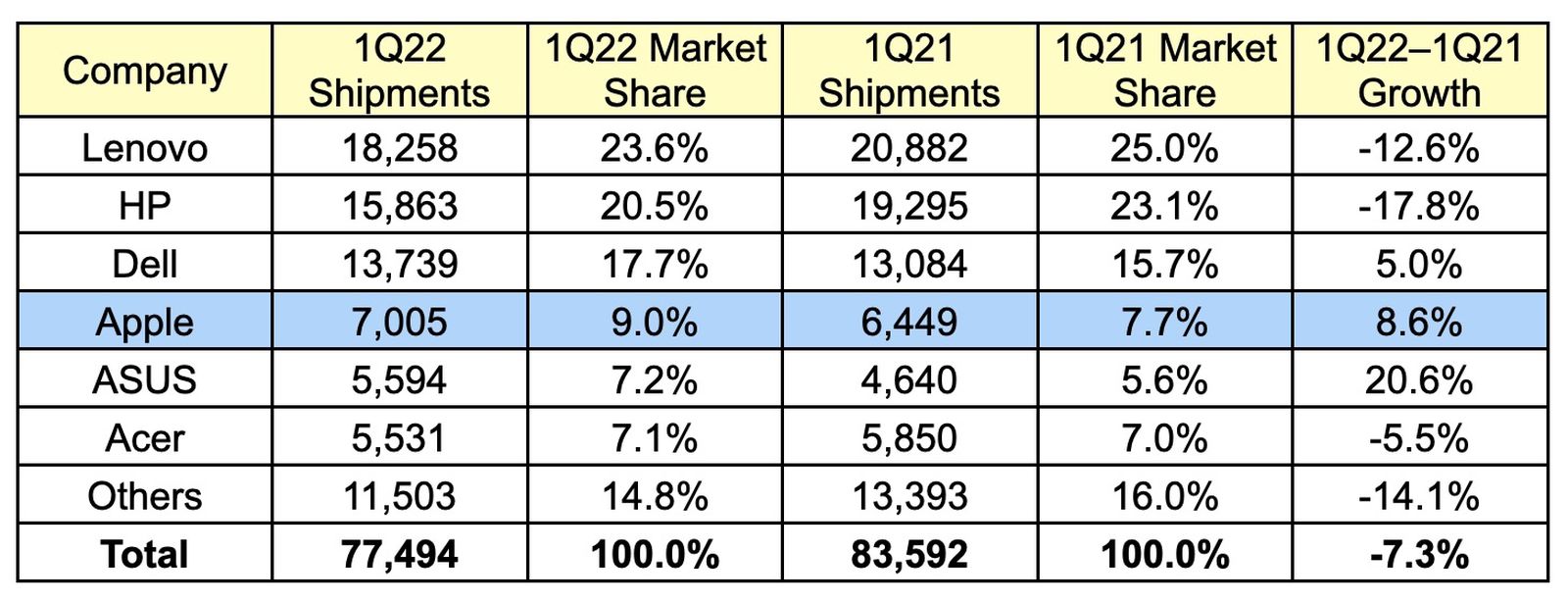I don't get this obsession with Mac in the enterprise, peeps seem to not understand that "their" macs are not "their" macs, they are being monitored along with their iPhones and offer 0 advantage over a similar Windows machine.
Yes, the IT and IS can see everything users do on their machines thanks to the tools such as MDM, NGFW, SIEM, etc. Every single file is indexed, every click and network connection is logged and analyzed by SIEM, all SSL connections are decrypted and logged and analyzed, and so on, and so forth.
TL;DR There's no difference between Mac and Windows in the enterprise from the end user standpoint, except there are fewer headaches with application compatibility on Wintel.
Yes, the IT and IS can see everything users do on their machines thanks to the tools such as MDM, NGFW, SIEM, etc. Every single file is indexed, every click and network connection is logged and analyzed by SIEM, all SSL connections are decrypted and logged and analyzed, and so on, and so forth.
TL;DR There's no difference between Mac and Windows in the enterprise from the end user standpoint, except there are fewer headaches with application compatibility on Wintel.




